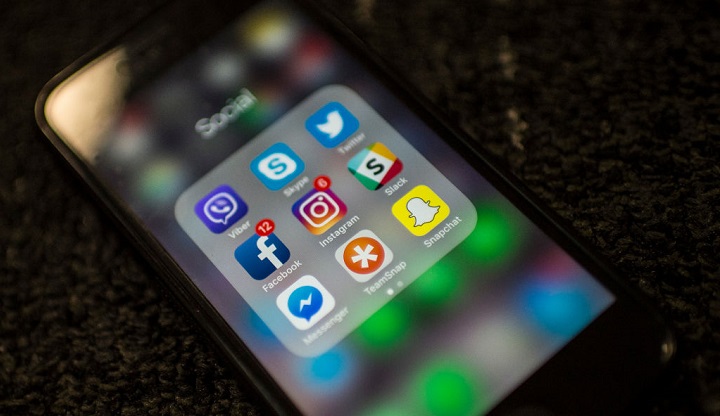News
MapLight research on the influence of money and politics.
Hamsini Sridharan
|
February 28, 2019
Frank Bass
|
Anna Massoglia and Andrew Perez
|
February 27, 2019
Frank Bass
|
February 22, 2019
Andrew Perez
|
February 13, 2019
Hamsini Sridharan
|
February 12, 2019
Frank Bass
|
January 31, 2019






